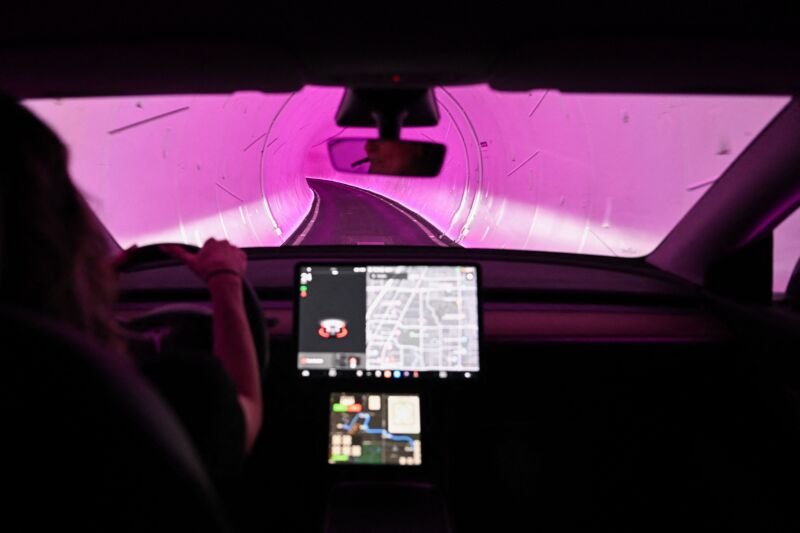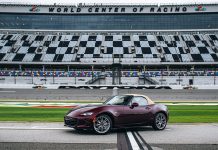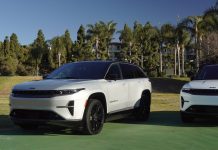Despite “full self driving,” Teslas still can’t cope with one-way tunnels.

Autonomous driving capabilities are a central component of Tesla’s stratospheric share price, with CEO Elon Musk repeatedly telling investors that they’re the difference between “being worth a lot of money or worth basically zero.” But real-world performance on the road lags far behind Musk’s claims, with the latest data point coming from another Musk venture, the Boring Company, and its tunnels under Las Vegas.
The Boring Company might be Elon Musk’s strangest side hustle. Whether it was sparked by a desire to avoid traffic commuting to SpaceX or part of an insidious plan to undermine rail projects, the results for the sewer-sized tunnels have been about what you’d expect: Proposed tunnels between Washington DC and Baltimore, underneath I-405 in Los Angeles, and from Chicago to its major airport remain literal pipe dreams.
So far, there’s just a 2.2-mile loop with three stations serving the Las Vegas Convention Center, albeit with the potential to expand the subterranean system to 68 miles (110 km) in total.
When the Boring Company tunnels were first proposed, the concepts featured custom-designed autonomous electric people movers, but when Ars got a ride in a test tunnel in 2018, it was in a Tesla Model X SUV with a human behind the wheel. The mode of transport inside the Boring Company’s tunnels remains Tesla road cars, but they are resolutely human-driven despite the controlled environment with constant lighting and a lack of weather, other traffic, or pedestrians for the camera-based system to worry about.
In fact, there’s no timeline for eliminating the driver in the (Vegas) loop, according to Steve Hill, president and CEO of the Las Vegas Convention Center and Visitors Authority. Speaking with the Las Vegas Review-Journal, Hill said, “Hopefully this will get started just lightly, using a driver assistance tool by the end of this year.”
Similarly, there is no timeline for building out the planned 68-mile network, but work continues at a number of sites in Las Vegas, with the first new station due to open just north of the convention center shortly, according to Hill.




